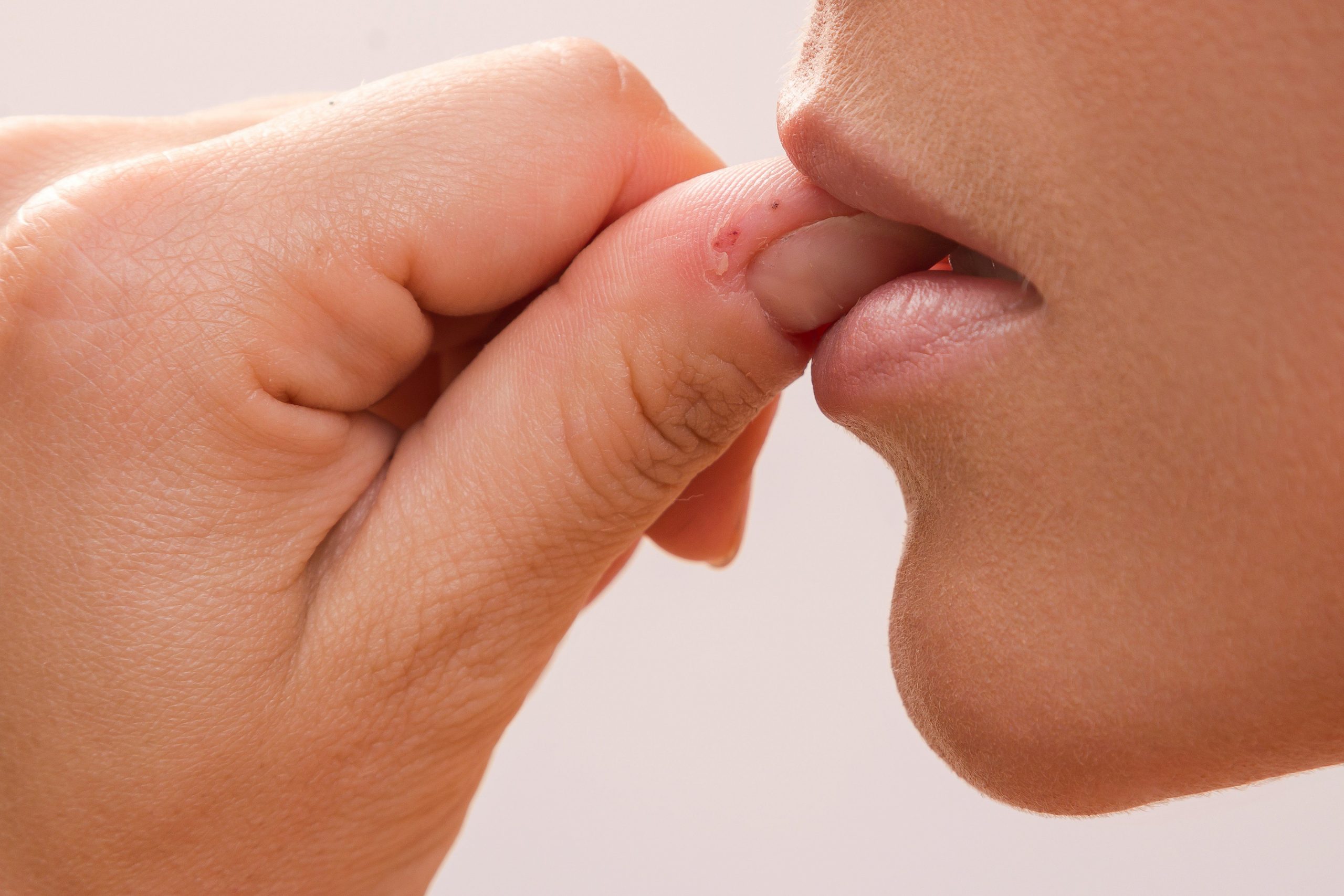
Most early childhood vaccines require three or four doses for best protection, but more than 1 in 6 toddlers aren’t getting them all, leaving them vulnerable to potentially deadly infections, a new study finds. There are many reasons that kids aren’t completing their vaccine series, according to researchers. Some families may have moved across state… read on > read on >






























